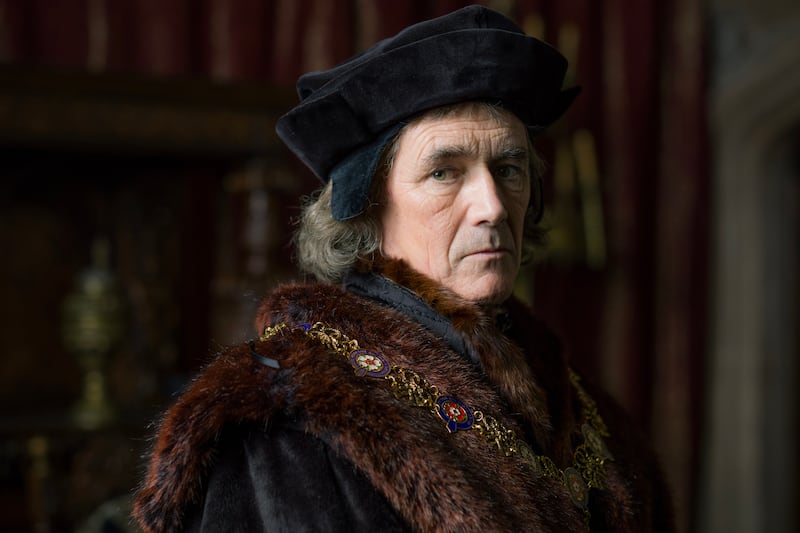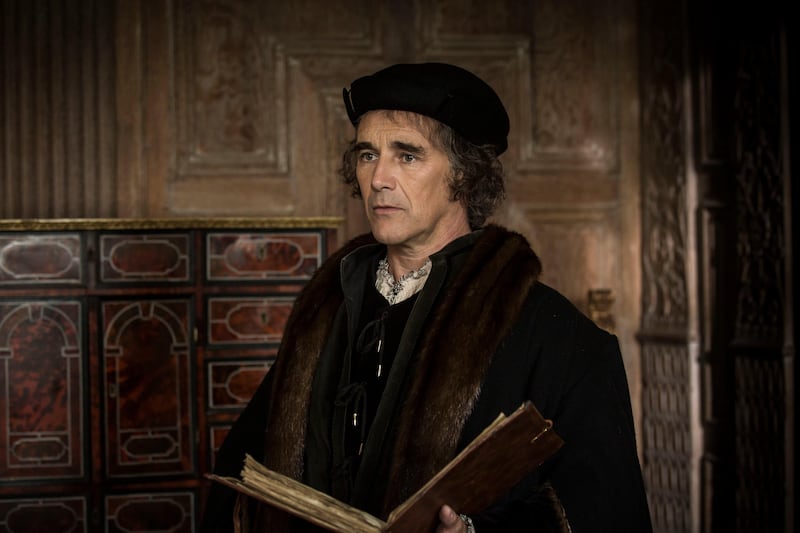Sir Mark Rylance took a “significant” pay cut along with other members of the Wolf Hall team to get the final series made, the director Peter Kosminsky has said.
The BBC drama, based on the late Dame Hilary Mantel’s final novel in her epic Tudor trilogy, returned last year with Wolf Hall: The Mirror And The Light, after first airing in 2015.
The original series won Baftas for best drama series and a best actor gong for Oscar winner Sir Mark, was nominated for multiple Emmys, and picked up the best limited TV series award at the Golden Globes.
In a submission to MPs in the Culture, Media and Sport Committee, for their British film and high-end television inquiry, Kosminsky wrote that he offered Wolf Hall: The Mirror And The Light to “each streamer”, and they turned it down.

He added: “It was only possible to begin production when the producer, the writer (Peter Straughan), the director (Kosminsky) and the leading actor (Sir Mark) all gave up a significant proportion of their fees.
“We had shepherded the series through a 10-year development process but, in the end, it was necessary for us to work for very little to get the show made.”
Kosminsky also cited the experience of ITV’s Mr Bates Vs The Post Office, which made more people aware of subpostmasters being wrongfully prosecuted, teetering “on the brink of not making it to the screen” after a number of its actors cited they took pay cuts to make the show.
He called the finance of public broadcasters (PSBs), which include ITV, BBC, Channel 4, and Channel 5, “insufficient to make high-end TV drama in 2024/5 – in the inflated cost environment created here by the streamers”.
Kosminsky also cited research by Producers Alliance for Cinema and Television (Pact), which found that there are 15 TV dramas that “have been green-lit by the UK PSBs but are currently unable to proceed” because of cost.

He added: “What do all these programmes have in common? Their subject matter is of particular interest, perhaps of particular cultural significance, to a UK audience. But they are not seen to have ‘legs’ – not likely to appeal, in particular, to an American audience.”
Kosminsky called for making 5% of streaming income part of a UK “cultural fund” that would finance “exclusively for high-end drama of specific interest to UK audiences but which doesn’t necessarily have cross-border appeal”.
“A British TV (body), with its self-financing cultural fund, would be brought into existence entirely to address this market failure. Its criterion wouldn’t be profit, it would be excellence,” he also said.
“And our culture would be the richer for it.”
In Wolf Hall, Sir Mark plays the adviser Thomas Cromwell while King Henry VIII is portrayed by Damian Lewis, who were both in the previous series.
The six-part series traced the final four years of Cromwell’s life following the execution of Queen Anne Boleyn (Claire Foy), completing his journey from self-made man to the most feared, influential figure of his time.
Dame Hilary released her final book The Mirror And The Light in 2020, two years before she died aged 70.








